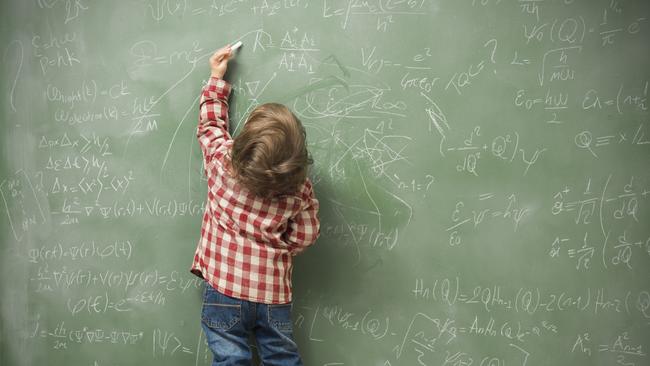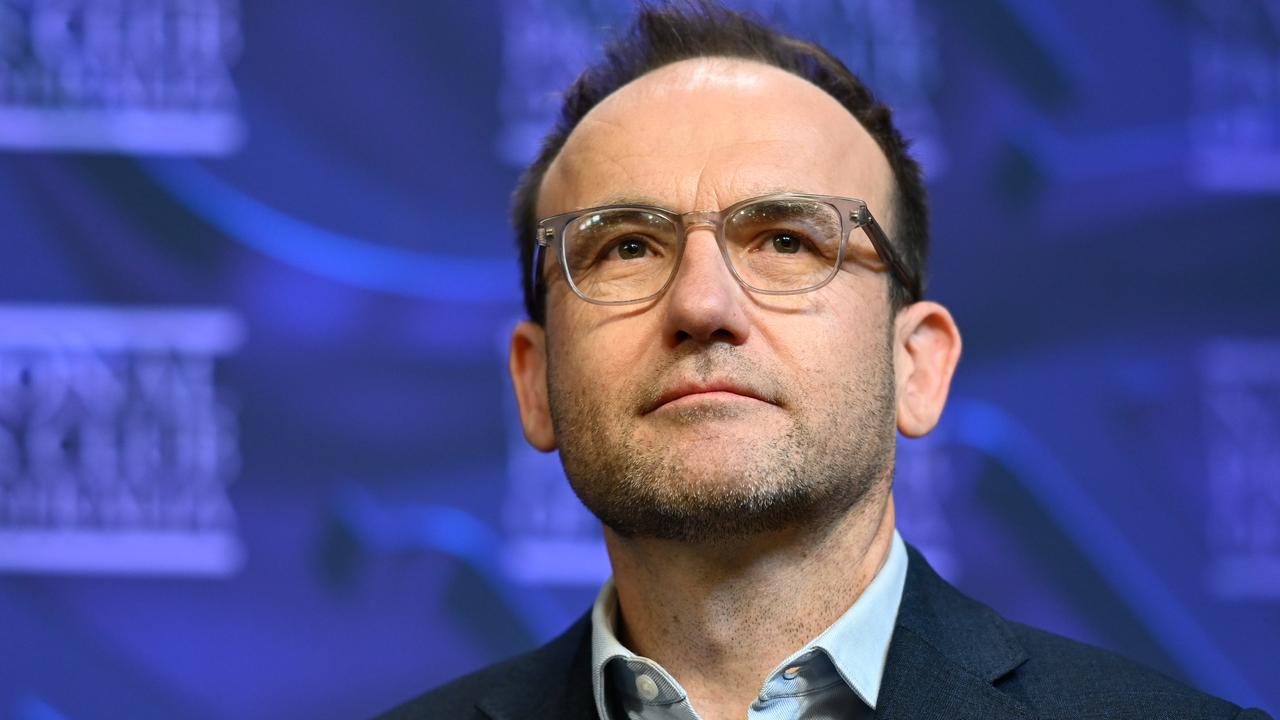Maths and science teachers need better pay, report warns
Why there’s a push to recognise subject knowledge and experience in certain teacher salaries.

Maths and science teachers would be paid extra under a radical reform to fill skills shortages.
A two-tier salary system for teachers is recommended in a report by the Centre for Independent Studies, which wants higher wages paid to teachers who specialise in hard-to-fill fields such as science, technology, engineering or mathematics (STEM).
The CIS disputes predictions of a teacher shortage, arguing that workers qualified in professions such as information technology, accounting and engineering could be given fast-track training to teach in high schools.
“Union demands for across-the-board pay rises are not responsive to the actual needs on the ground,’’ CIS education research fellow Glenn Fahey said.
“The (teachers’) union says all teachers should be paid the same, based on an old industrial model.
“But when it comes to maths, there should be a more market-responsive salary available that reflects industry demand – a salary that gets close to what they could earn in industry.’’
In NSW, which pays the highest teacher salaries, new graduates earn $75,605, but the salary for “highly accomplished” teachers is capped at $111,271, with up to 12 weeks’ annual leave.
Consulting giant EY’s cyber security professionals earn $68,000 as graduates, $150,000 as a senior consultant and $310,000 as a senior manager. The median salary for a mining and gas engineer is $158,775, with a standard four weeks of leave.
The CIS report suggests a 5 per cent salary bonus for science and maths teachers. “Mathematics and science teachers tend to earn lower salaries in teaching than their graduating peers in industry, while in all other subjects the opposite is true,’’ it says.
“In order to attract and retain teachers in shortage areas – particularly with specialisations in maths and science – policymakers should consider flexible pay rates, making them more market-based, rather than fully regulated. There is evidence that maths and science teachers’ salary expectations are relatively sensitive to market salaries outside of teaching.
“The same is not necessarily true for the wider teacher workforce who … report relatively high levels of satisfaction with pay and conditions.’’
Mr Fahey said professionals with existing science or maths degrees could not afford to quit high-paid jobs and start at the bottom of the salary ladder as an entry-level teacher.
“If you’re a mid-career professional (and switch to teaching) you have to start at the bottom on an entry-level salary,’’ he said.
“That doesn’t make sense. That subject knowledge and experience should be recognised in the salary.’’
Mr Fahey said industry professionals with a mastery of STEM subjects were good at “explicit teaching’’ to school students.
“Teachers who bring with them industry experience and knowledge tend to be better in the classroom,’’ he said.
“They are better able to explain the sequences involved in solving problems.’’
The CIS report recommends that high-performing teachers be paid a 20 per cent bonus.
It states that Australia has enough teachers, but they need to be better trained at university.
“The number of students per teacher has almost halved since the late 1960s,’’ Mr Fahey said. “While there are claims of a growing shortage of teachers, the truth is that staffing increases significantly outpace student increases.’’
Mr Fahey also called for better quality controls on teaching degrees.
“The problem is not so much a poor quality of potential teachers attending university, but that those coming out of training are underprepared,’’ he said.




To join the conversation, please log in. Don't have an account? Register
Join the conversation, you are commenting as Logout